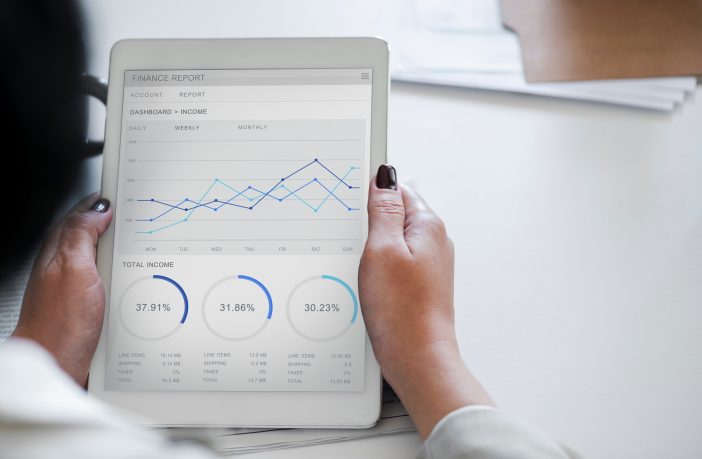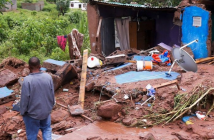The recent stance by Public Enterprises Minister Pravin Gordhan, as reported in the Business Day; to “renegotiate” contracts with companies that won the first two rounds of SA’s renewable energy Procurement Programme (REIPPPP) will not afford South Africa the opportunity to create value, especially on the job creation front. R 5 Billion, is what the current Eskom Load shedding crisis costs South Africa’s economy daily. The last thing needed in this current crisis is a “renegotiation” of electricity tariffs with Renewable Energy IPPs given the urgent need to stabilize supply of power to our economy.
Renewable Energy is already cost-effective, in fact, prices globally continue to drop with the global average price for solar and wind technology now sitting at around USD 6 cents and USD 10 cents per KWh respectively. Locally, when the first two rounds of REIPPPP were initiated, prices of Solar and Wind were R3.84/ KWh and R 1.67/ KWH respectively and by round 4, prices had fallen to 0.96/KWh for Solar and 0.76/KWh for wind. Technologies like Solar PV have proven to have even more distinct benefits, its levelized cost of electricity (LCOE) production is about half the price of traditional energy sources and even outstrips other renewable energy sources like Solar CSP.
A sustained price decline in electricity tariffs particularly through the procurement of efficient renewable energy technology is what South Africa needs to attract much needed foreign direct investment, to stimulate job creation.
Reports recently published by the Department of Energy’s IPP office show that the REIPPPP initiative has so far attracted over R 201,8 billion worth of investments into South Africa. This is mainly because the programme is seen as more than just a tariff generation exercise by investors. Over R 20,6 Billion has been invested into socio-economic spend (SED), local content manufacturing and procurement amounts to R 42 Billion whereas enterprise development spend sits at around R 6,4 Billion. Such are indicators of serious commitment from Renewable energy IPPs and investors, therefore, destabilizing investor confidence through sudden unplanned tariff ‘’renegotiations’’ may prove to be costly to South Africa’s economic growth prospects.
While, government departments like the Department of Energy have put their weight behind renewables, there needs to be consistency and policy certainty from all arms of government to boost growth in our economy. A simple, blanket tariff renegotiation stands as a contradiction South Africa cannot afford.
The South African Photovoltaic Industry Association (SAPVIA) has offered alternatives to government before to avoid denting investor confidence, such as extending Power Purchase Agreements that are currently up for “renegotiation” from 10 years to 30 years. This will offer less volatility and uncertainty as tariffs will be lowered over time. In the long-run however, the only way to sustain lower electricity tariff prices is to consistently procure from low cost solar and wind power through a well-managed procurement programme.
If government proceeds with the “renegotiations’’, there must be due consideration of risks and investments already made by old IPPs who saw the potential South Africa had to transition towards a green viable economy that would put us on par with the rest of the world.
This opinion piece was submitted by The South African Photovoltaic Industry Association (SAPVIA). SAPVIA is a not-for-profit body which consists of active players in South Africa’s photovoltaic market who have a genuine, invested presence in the country. The association is devoted to promoting the growth of the country’s solar photovoltaic (PV) electricity market, and aims to contribute to the country’s renewable energy roll-out.















